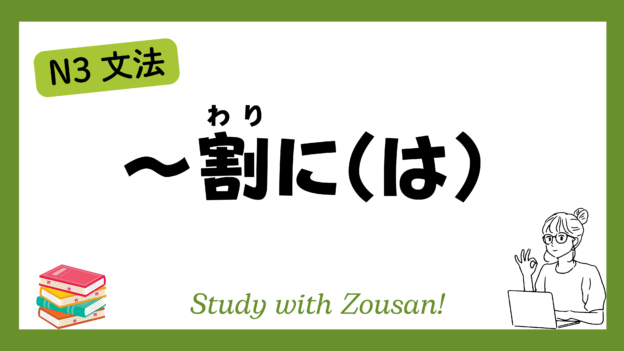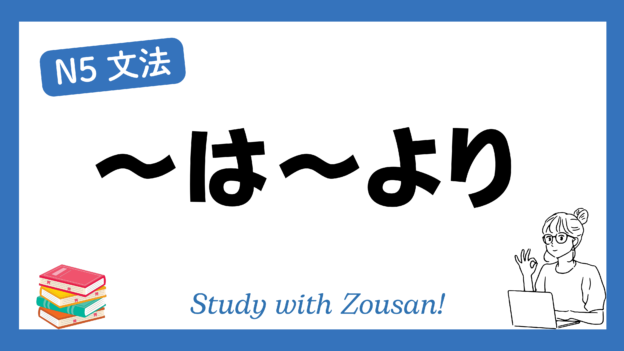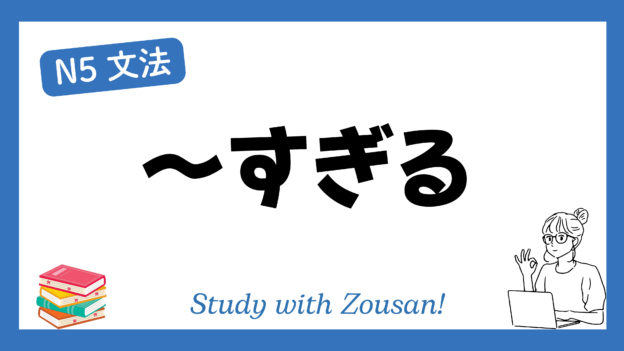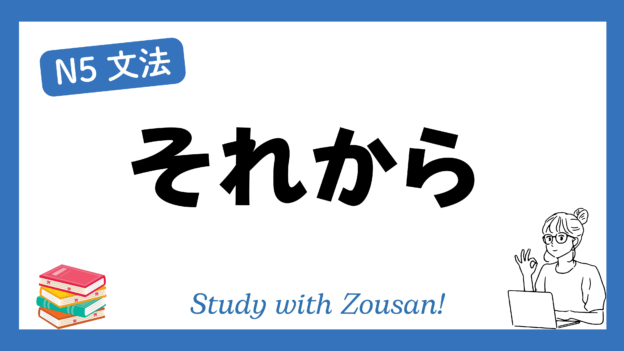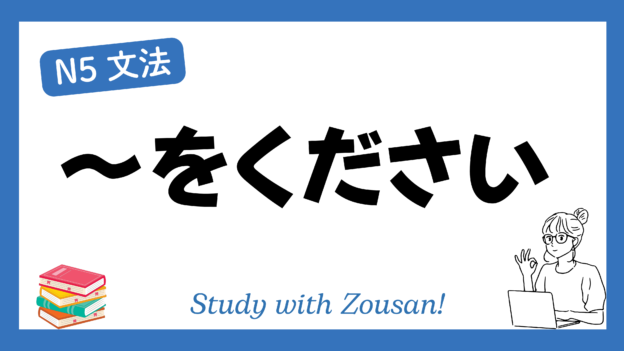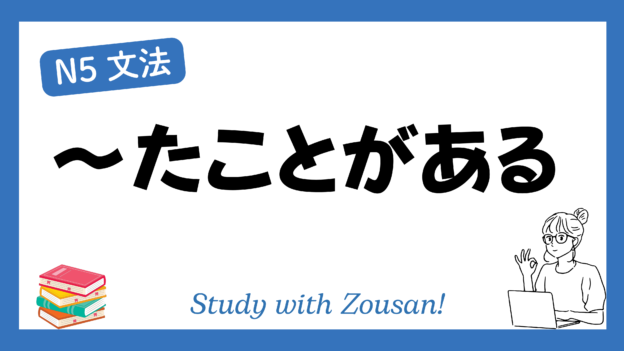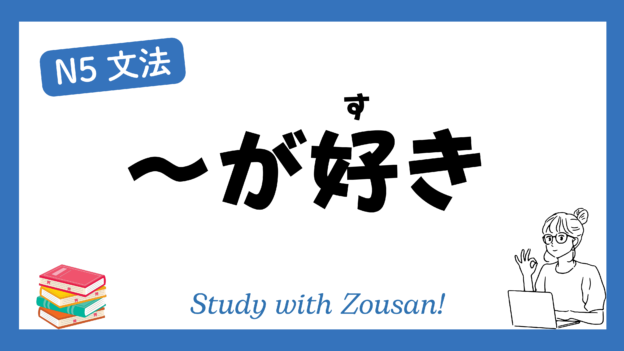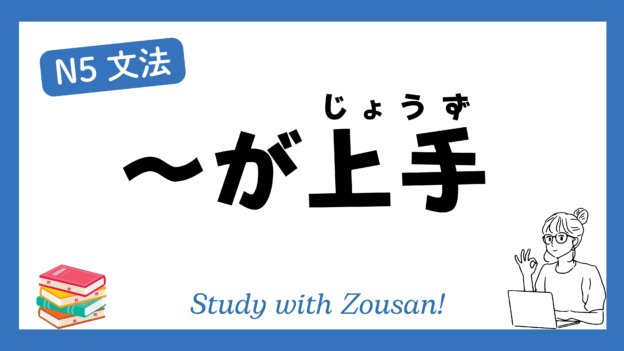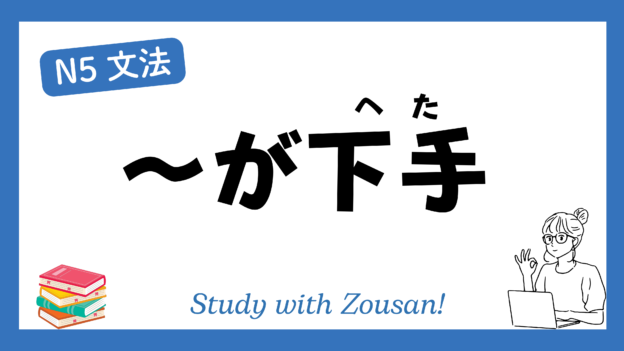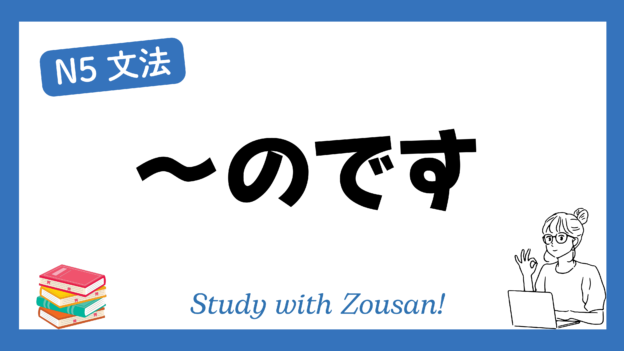Meaning: “Compared to…” / “In relation to…”
This structure is used to indicate that something has a value, quality, or result that differs from what is expected, often either better or worse. It is commonly used to compare and highlight differences between something and a certain level or standard.
※Note: “割に” can be used with nouns or verbs to indicate the degree or state the speaker wants to compare.
Structure:
| Verb (casual form) | + 割に(は) |
| Noun + の | |
| な-adjective | |
| い-adjective |
Example:
-
-
-
🌟 彼は年齢の割にとても成熟しています。
(かれ は ねんれい の わりに とても せいちょう しています)
He is very mature for his age. -
🌟 この部屋は値段の割に広いです。
(この へや は ねだん の わりに ひろい です)
This room is spacious for its price. -
🌟 彼女は初心者の割に上手です。
(かのじょ は しょしんしゃ の わりに じょうず です)
She is good for a beginner. -
🌟 この商品は高い割に品質が良いです。
(この しょうひん は たかい わりに ひんしつ が よい です)
This product is good quality for its high price. -
🌟 彼は学生の割に知識が豊富です。
(かれ は がくせい の わりに ちしき が ほうふ です)
He has a wealth of knowledge for a student. -
🌟 この映画は短い割に面白いです。
(この えいが は みじかい わりに おもしろい です)
This movie is interesting for its short length. -
🌟 お金がない割に、楽しんでいます。
(おかね が ない わりに、たのしんで います)
I am enjoying myself despite having no money. -
🌟 この店は混んでいる割にサービスが良いです。
(この みせ は こんでいる わりに サービス が よい です)
This store has good service despite being crowded. -
🌟 子供の割に、しっかりしています。
(こども の わりに、しっかり しています)
He is very reliable for a child. -
🌟 このレストランは高い割に料理が美味しいです。
(この レストラン は たかい わりに りょうり が おいしい です)
This restaurant has delicious food for its high price.
-
-


